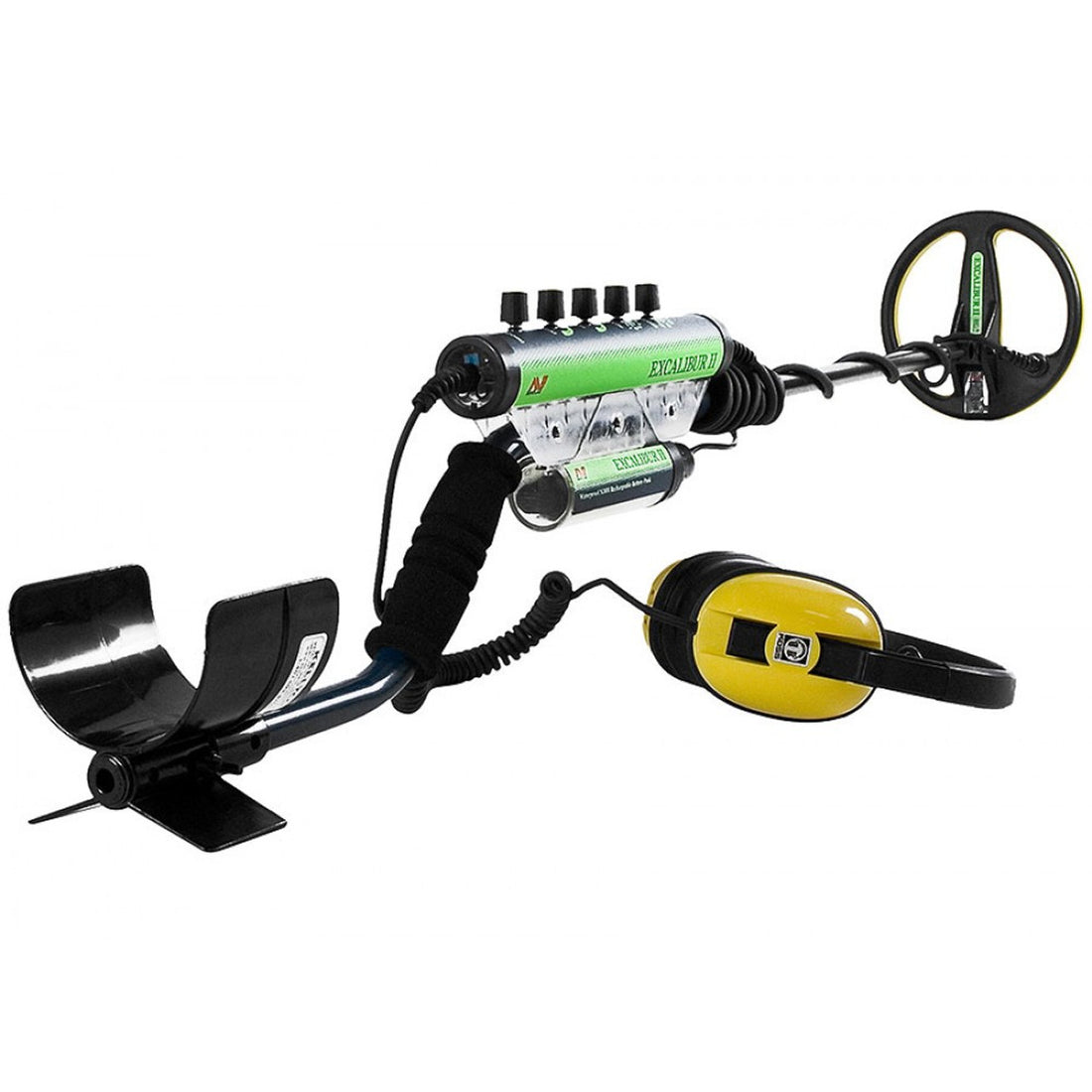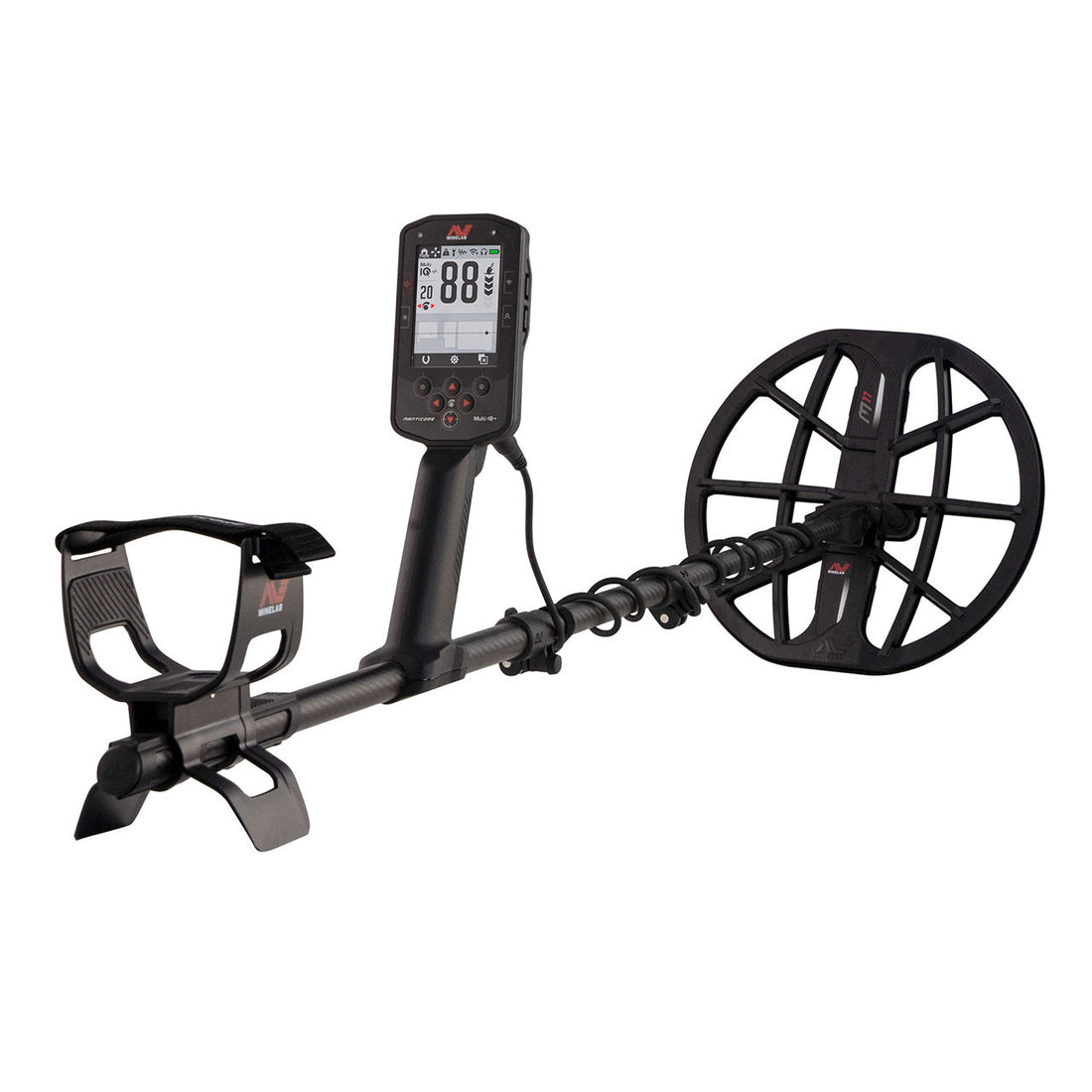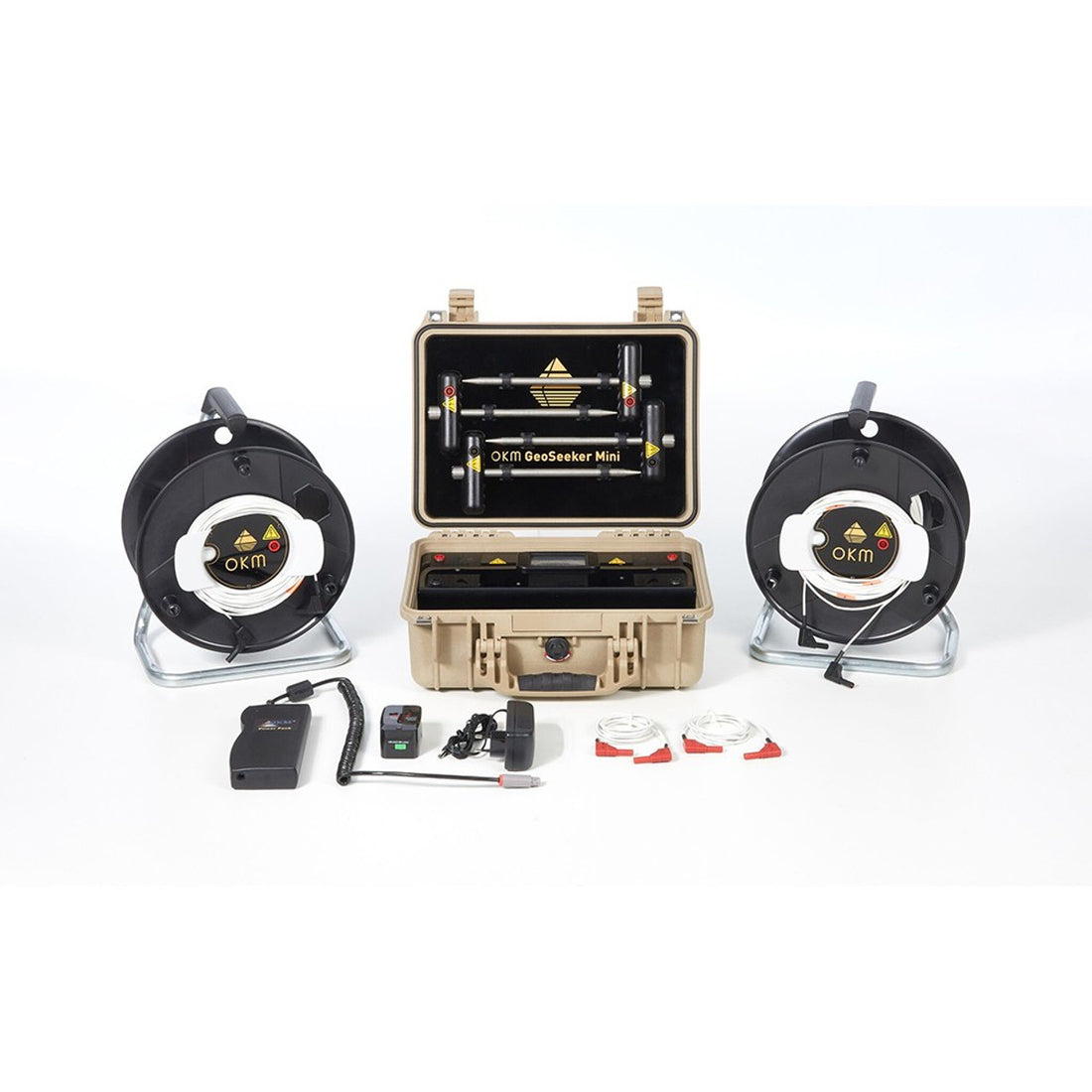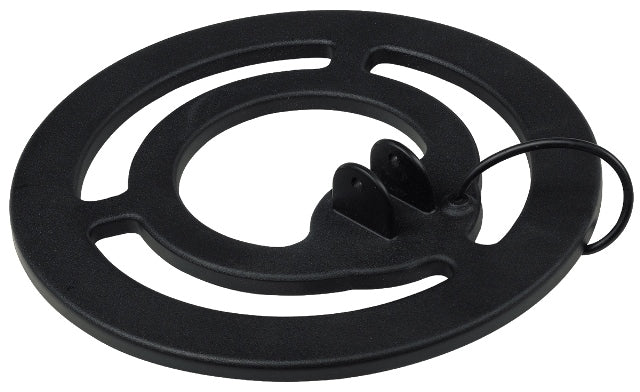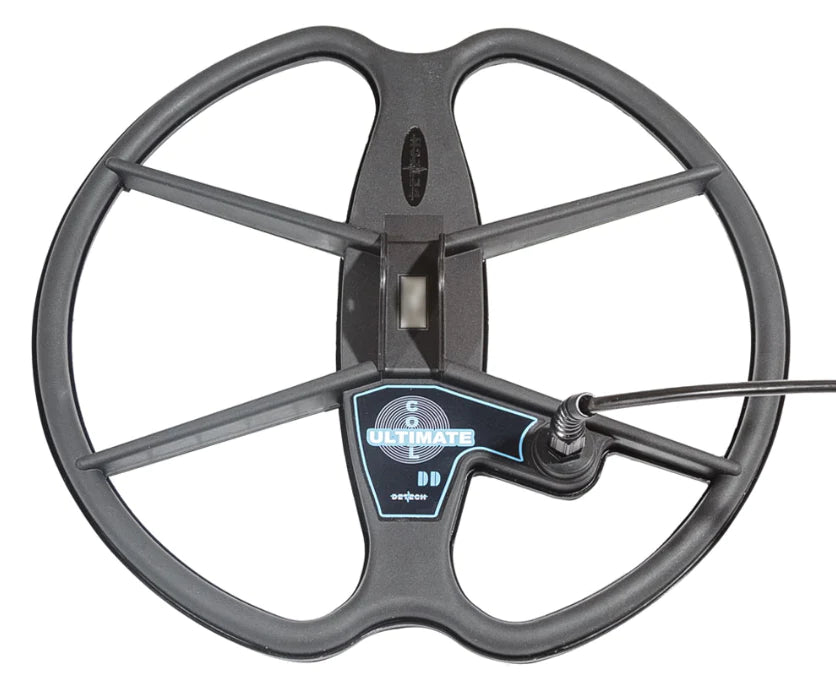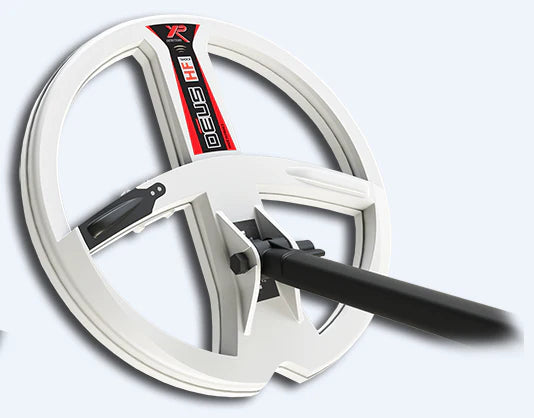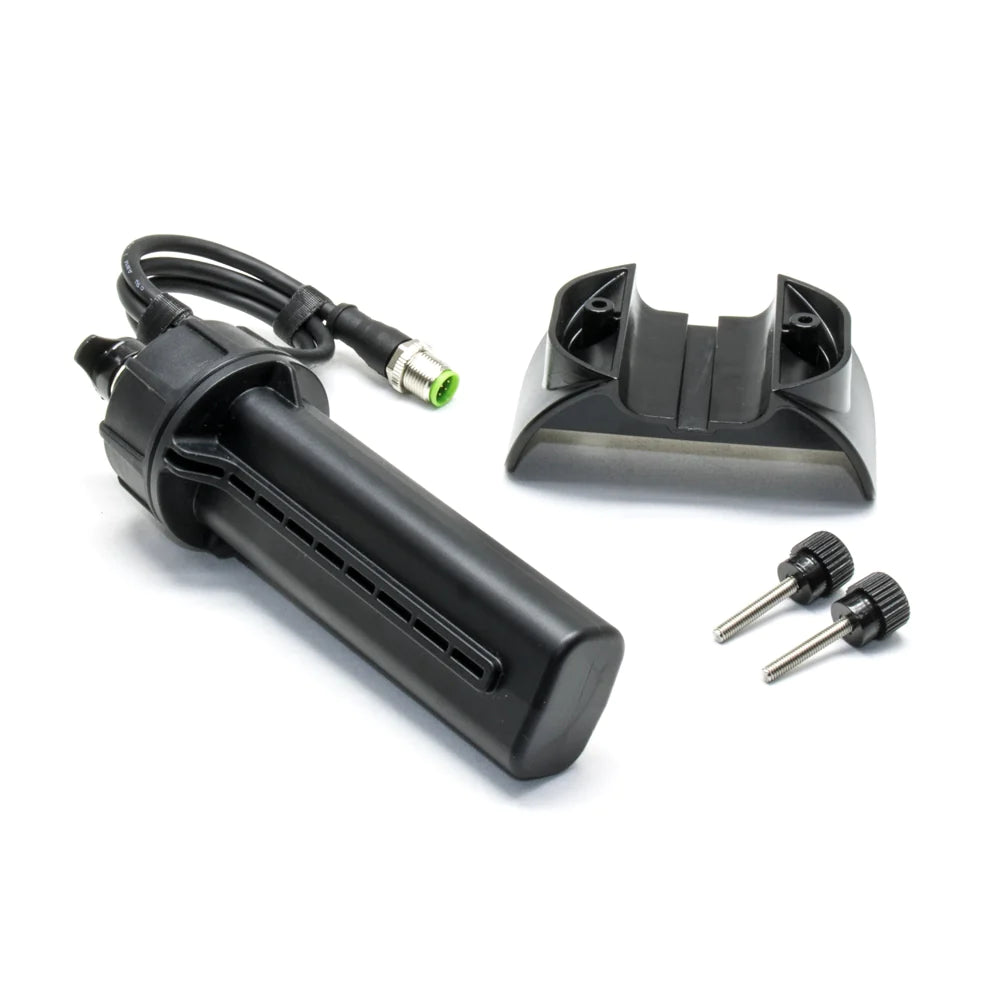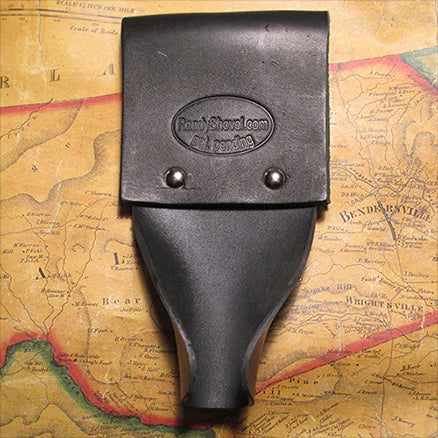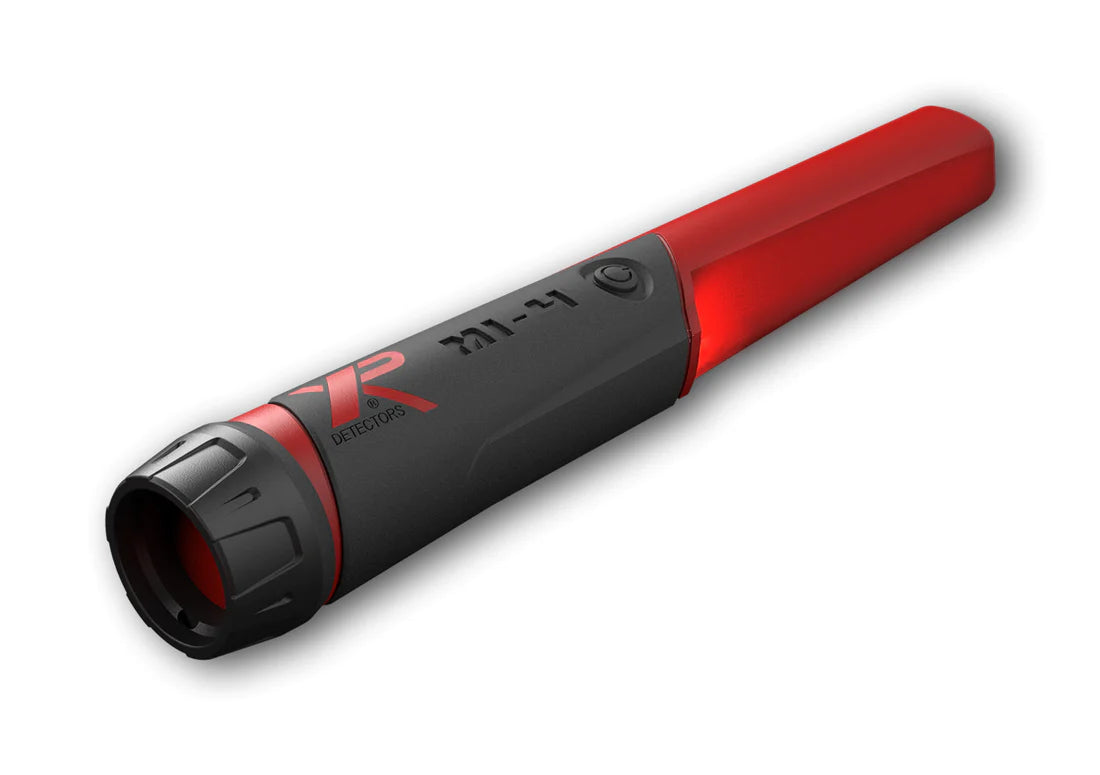Gold Nugget Hunting with a Metal Detector
Gold Nugget Hunting with a Metal Detector
What are the Best Metal Detectors For Gold Nugget Hunting?
There's a certain intrigue that draws outdoorsmen to hunt for gold. Maybe it's the idea of netting the "big catch” or a daydream that could actually materialize. And those who have discovered gold nuggets explain that during the gold rush, lots of gold was lost. Some gold nuggets were stuck to clay balls and larger rocks that fell off of stackers which were loaded with gold. Therefore, many gold prospectors search out the locations of old dredge piles and use their metal detectors there. If you're already a metal detecting enthusiast, why not go for the big guns—gold? Searching for gold nuggets is probably not a hobby for someone who only wants to invest a few hours and expects to come home successful. It takes time, research, lots of patience and the right equipment. Experts recommend that hobbyists first master coin hunting and practice burying targets in a test garden before they set out in search for gold. Over the years, having a test garden of buried targets will help hone your skills.
Are you are looking for large quantities of buried gold coins or gold bullion? If this is the case, then what you are looking for is a Two Box or Deep Seeking metal detector like one of the following:
- Detech SSP 5100 Deep Seeking Metal Detector System
- Garrett GTI 2500 Metal Detector
- Fisher Gemini 3 Metal Detector
- Makro JeoHunter 3D Dual System
- Nokta Makro Invenio Pro Pack Smart Metal Detector and 3D Imaging System
-
Nokta Makro Invenio Standard Pack Smart Metal Detector and 3D Imaging System
- Groundtech Discovery SM Smart 3D Ground Scanning Detector (Top Pick)
- Groundtech Discovery SMR Smart 3D Ground Scanning Detector + Resisitivity (Top Pick)
Where can Gold Nuggets be Found?
Unlike coins and jewelry, natural gold is not something that will typically be discovered in your back yard. Gold nuggets are best searched for where they are known to have been found in the past. Among these locations are dredge tailing piles and placer deposits that could yield gold. Dredge tailings are the remains or leftover scrap after gold has been recovered by dredging. Placer deposits are composed of sand and gravel in rivers or stream beds where gold has been carried by a stream flow and small amounts can accumulate. It's interesting to note that gold has been found all across the United States. Most people think of specific states, like California, Arizona and Alaska, when they visualize finding gold. That's because we've all heard of the gold rush and we know where most of the gold was found!
Charles Garrett is the founder and owner of the famous line of Garrett metal detectors. He has become known as an authority in the metal detecting industry. As Charles Garrett points out in his book You Can Find Gold: With a Metal Detector, even if you have the best gold detector on the market today, if you aren't searching where there's gold to be found—you can't expect to find nuggets or gold shavings. Rule number one when you are setting out to prospect for gold is to research your hunting area first. How can you find the areas that might pan out? Garrett says to start by studying maps of states that are or were gold producing. You can check at the library or buy books that teach about prospecting or gold hunting with a metal detector. He also points out that most states have a Bureau of Mines or Geological Surveys that detail the occurrence of gold in that state. Then, you'll need to determine if the land you wish to hunt is federally owned. There may be regulations about searching the land or staking claims. Other gold hunters advise that you can check into the land ownership. If it is private or patented ground, you may be granted permission to hunt it. This will increase your chances of finding a biggie.
Best Gold Hunting Metal Detectors
Most manufacturers design metal detectors specifically for hunting gold nuggets. And balancing out the mineralization of the soil is of utmost importance. Gold detectors are designed to cancel out mineralization, so no matter which unit you choose, check out the ground balance specs first. Before making a purchase, it is important to answer the question: will you only use this detector to hunt for gold nuggets, or will you use it to find coins and relics also? A higher-end "go anywhere do-it-all” metal detector like the XP DEUS or a mid-range unit like the Fisher F70, will allow you to detect gold on one outing, then beach hunt or search for relics on the next.
Can Metal Detectors Find Gold?
As far as gold-hunting detectors go, there are two types—very low frequency (VLF) and pulse induction (PI). VLF detectors designed to find gold, feature a higher operating frequency than other models in order to offer greater sensitivity to small gold nuggets. Realistically speaking, the chances of finding a pencil tip sized nugget is higher than uncovering a large one, which is why many gold hunters opt for a VLF detector. In this same frame of thinking, a small search coil will also provide increased sensitivity to small pieces of gold. However, these search coils won't cover as much ground or search as deeply as larger coils.
Pulse induction (PI) detectors are a bit pricier because they provide newer technology for finding gold nuggets. They are built with advanced detection depth and high functionality in mineralized soil. Field tests support the claim that PI detectors can detect large nuggets at up to 2 feet or deeper. Many of these units are being designed to be more lightweight than previous iterations; many are also waterproof in shallow water. Avid gold hunters are moving toward PI units, although some say they use both varieties of gold detectors. Below are examples of popular gold-hunting metal detectors.
Entry-Level Gold Detectors
Mid-Level Gold Detectors
High-End Gold Detectors
Plan Your Next Nugget Hunt
Here's a fun story: a detectorist in Alaska purchased the Garrett AT Pro for his general metal detecting which also included nugget hunting in the mining claims nearby. He let his 12-year-old son test it out and within 10 minutes, his son found two .5 oz. gold nuggets. Then, he tried his hand nugget hunting with his brand new detector and found small nuggets himself. After three hours of hunting, they struck some impressive gold. Read the full story: "My Finds-Vinnie's First Nugget.” Perhaps you can have the same type of beginner's luck. Whether you have located a site to hunt for nuggets in your own state or you're planning a weekend trip to hunt for gold—this is one exciting hobby that will definitely get your adrenaline pumping!

